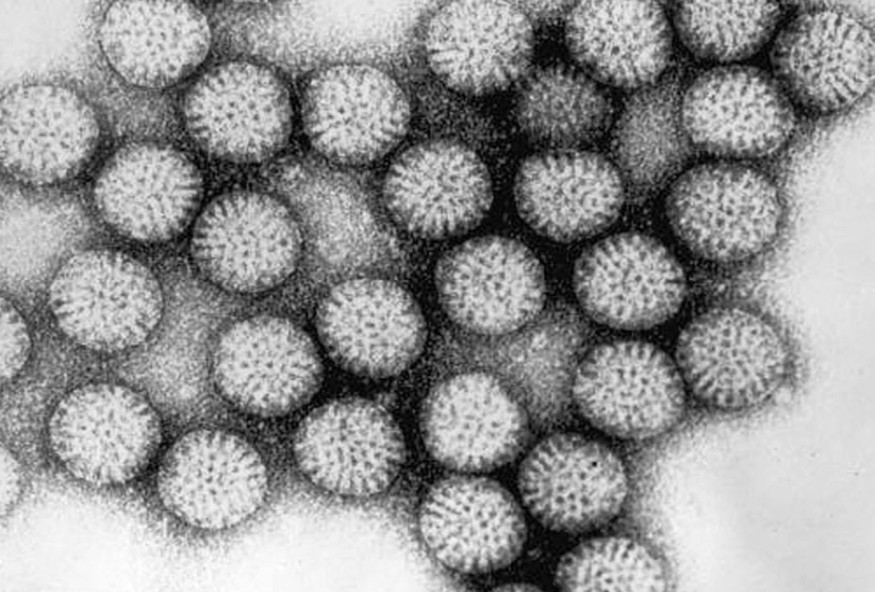Several pharmaceutical companies have been researching for years to develop treatments against rotavirus. In a recent study, a team from Georgia State University discovered specific proteins in the immune system that can prevent and cure rotavirus when combined.
Rotavirus causes diarrhea, affecting mostly babies and young children. Symptoms include severe watery diarrhea, vomiting, abdominal pain, and fever. Reasons for the rotavirus in low-income countries include lack of clean, drinkable water and lack of hygiene practices.
The World Health Organization estimated that over 200,00 children under five years old die from the virus, which could have been prevented by existing vaccines. The U.S. Food and Drug Administration approved a rotavirus vaccine (RotaTeq) in 2016, but low-income countries lack access to vaccines.
Immune System Protein Cocktail
The new paper was published in the journal Science Immunology. Researchers from the university's Institute of Biomedical Sciences describe two cytokines secreted by the immune system.
Cytokines are groups of proteins that immune system cells secrete. The signaling molecules regulate and mediate inflammation, immunity, and cell production.
When a harmful virus enters the body, epithelial cells are targeted. Epithelial cells protect the body from invading pathogens, covering the skin, blood vessels, intestinal tract, and the organs.
The team believes that the cytokine combination can potentially treat other viruses that target intestinal epithelial cells (IEC). "IEC is rapidly proliferating cells with average lifetimes of about three days, which means that the intestine must eliminate vast numbers of cells continuously," noted the authors.
For the study, they used mice models infected with rotavirus. The cocktail of cytokines promoted the expression of each protein group, protecting the mice from the virus. The rotavirus replication process stopped and was followed by decreased levels of viral antigens in the intestinal tract.
The protein cocktail also proved effective against norovirus, another illness with symptoms of diarrhea and vomiting. Infection can be transferred person to person or from consuming contaminated food or water.
"Our study reports a novel means of eradicating a viral infection, particularly viruses that infect epithelial cells," said Dr. Andrew Gewirtz. "The results suggest that a cocktail that combines IL-18 and IL-22 could be a means of treating viral infections that target short-lived epithelial cells with high turnover rates."
READ: Some Forms of Common Cold May Give COVID-19 Immunity Lasting up to 17 Years, New Research Suggests

Studying Rotavirus
In June, a study from Baylor College of Medicine involved developing mutant rotavirus to study its early stages of viral assembly. They aim of the research was to discover what triggers the virus to rapidly multiply and be highly contagious.
A specific amino acid was discovered to trigger viral replication. The mutant rotavirus replicated in a matter of hours compared to the original virus taking days to multiply.
Reverse engineering viruses and bacteria are an essential process in developing vaccines and drug treatments. Many experts have shared concerns of many harmful pathogens continuously evolving and becoming antibacterial-resistant. Moreover, a new antibiotic has been developed in the past 30 years.
READ: Scientists Create a Mutant Rotavirus in a Virus Assembly Study: Here's What They Found
Check out more news and information on Viruses on Science Times.
© 2026 ScienceTimes.com All rights reserved. Do not reproduce without permission. The window to the world of Science Times.










